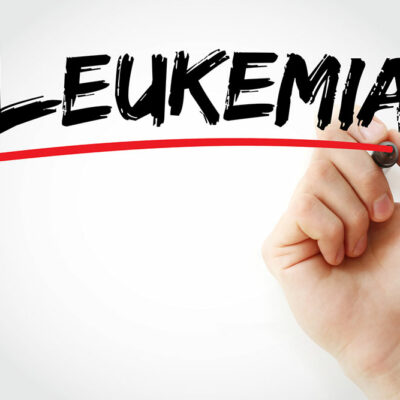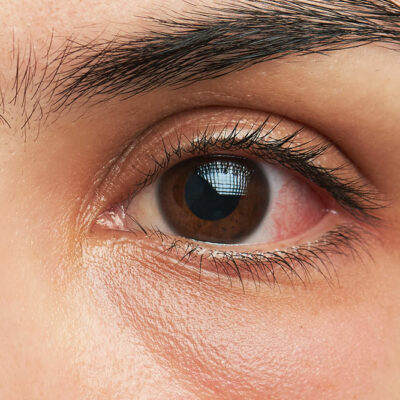
Early Symptoms of Overactive Bladder
Overactive bladder or OAB is a disorder where one feels the desire to urinate so frequently that it disrupts daily life. This can include the unintentional loss of urine through incontinence of varying degrees. It is common to feel like you need to urinate but don’t really have to and this can be frustrating as well. Symptoms of overactive bladder OAB can range from mild to severe but are all a difficulty many people face with older age.
Below we will explore some of the most common telltale signs that one may have the early symptoms of OAB:
1. Uncontrolled and sudden urge to urinate
Perhaps the most common symptom constitutes a sudden feeling like you just drank a gallon of water. It can be a tingling sensation that you have to urinate on a more frequent basis than usual. This urge can happen multiple times throughout the day and could be indicative of the underlying problem of OAB. These involuntary bladder contractions are among the most common warning signs that you may need to get things checked out to properly address the situation.
2. Urinary incontinence or loss of urine
Involuntary loss of urine due to incontinence of the bladder is an obvious sign that some trouble may be afoot, and should be addressed with the proper and prompt medical attention. When the bladder becomes unable to hold in the urine this is one of the most glaring signs that something needs to be diagnosed and properly treated. If someone experiences loss of urine, it’s important to assess how frequently this happens and how much urine you lose.
3. Frequent urination
Urinating frequently may be normal if you take your daily recommended intake of water, but there is a difference between the body storing water and slowly getting rid of it and the liquid seemingly flowing right through you. Frequent urination during the night time hours is a common symptom of OAB, and this can also happen frequently during the day. If every hour you need to use the restroom, then this is too frequent and should be considered a symptom. There is nothing more frustrating than lacking control of something that used to be easy. Luckily, there are treatments and ways to make life more comfortable when exhibiting the signs of the disorder and seeking treatment.
4. Nocturia
Waking up in the dead of night to urinate frequently can also have adverse effects on the quality of sleep that one gets at night. This can in turn exasperate the illness even further into a difficult road towards fighting this illness. The natural progression of the disease will yield more glaring symptoms such as getting up every 30 minutes to urinate. When your sleep is affected due to this, it can make the symptoms worse due to the body’s lack of restorative time during sleep. Age happens to us all and bedwetting can happen to anyone. This is another common sign that someone may have an overactive bladder disorder and should be taken seriously. Paying attention to your sleep patterns and how many times usually you urinate can help to discern between normality and a potential bladder complication that needs to be analyzed for further consideration and professional treatment and care.


